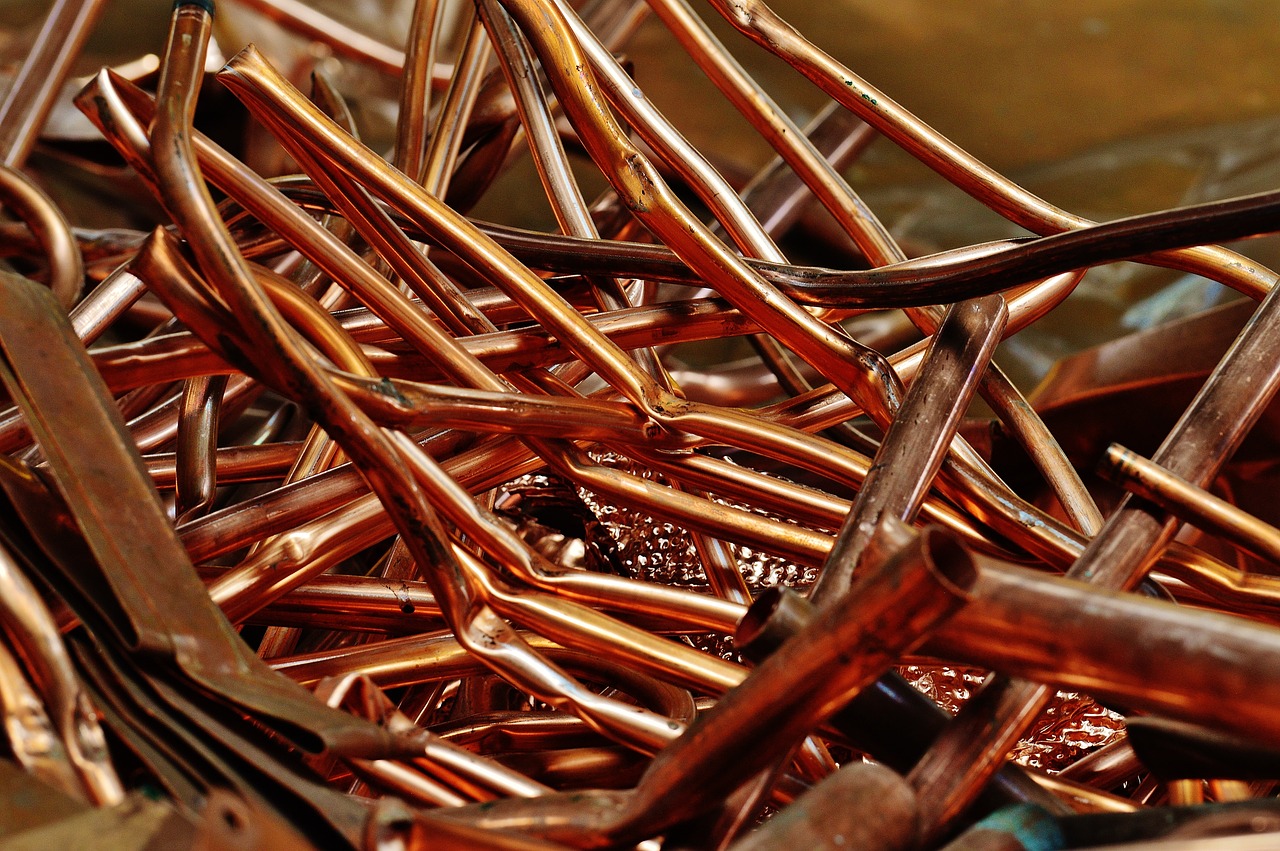In a world that has become increasingly concerned with sustainability and responsible resource management, selling scrap metal has emerged as a meaningful way to contribute to both the environment and your wallet. Whether you’re cleaning out your garage, renovating your home, or simply looking to make some extra cash, understanding the ins and outs of selling scrap metal can prove to be both rewarding and enlightening. But what do you need to know about scrap metal selling? Here are the answers you are looking for, covering everything from the types of scrap metals to the best practices for maximizing your profits.
Kinds of scrap metal
Scrap metal comes in various forms, each with its unique value and characteristics. The two primary categories are A. ferrous and B. non-ferrous metals. As a general rule, ferrous metals (like iron and steel) are commonly found in appliances and construction materials. Non-ferrous metals, on the contrary, don’t contain iron but include valuable materials like copper, aluminum, brass, and stainless steel. Understanding the distinction between these categories is crucial as it directly impacts the price you can expect to receive for your scrap metal.
Collecting and preparing scrap metal
Before selling scrap metal, collecting and preparing it properly is essential to ensure the best possible price. As suggested by recycling specialists like Langley Recycling, start by sorting your materials into different categories of metals. Many scrapyards will have specific bins for each type, making the drop-off process smoother. Remove any non-metal components like plastic, rubber, or insulation, as these can lower the value of the scrap, and then clean the metal to remove dirt and contaminants, which can also affect the final price.
Research current prices
The value of scrap metal fluctuates due to market demand, economic conditions, and global trends. That’s why before you head to the scrapyard, research the current prices for the types of metals you’re selling. Websites and apps dedicated to scrap metal prices can provide real-time information, helping you negotiate a fair deal.
Choose a scrapyard
Selecting the right scrapyard can significantly impact your selling experience. Look for scrapyards that are reputable and have a transparent pricing structure, and some scrapyards specialize in specific types of metals, so consider finding one that aligns with the materials you have. Additionally, proximity matters, as transportation costs can eat into your profits.
Maximize your profit
Several strategies can help you maximize your profit when selling scrap metal. For instance, you can consolidate your materials to make larger loads, as scrapyards often offer better prices for bulk quantities. Consider waiting to sell until you have a substantial amount of scrap, especially if prices are currently low. Building relationships with scrapyards can also lead to better deals in the long run, as they may offer loyalty incentives.
Environmental impact
Selling scrap metal isn’t just about financial gain – it’s also a sustainable practice contributing to resource conservation. Recycling scrap metal reduces the need for new mining and extraction, conserving energy and reducing greenhouse gas emissions. By participating in the scrap metal market, you’re playing a role in the circular economy and helping minimize the strain on our planet’s resources.
Selling scrap metal can be a profitable and environmentally conscious endeavor. By understanding the types of scrap metals, preparing materials correctly, choosing the right scrapyard, and implementing savvy strategies, you can make the most of your scrap metal selling experience.

